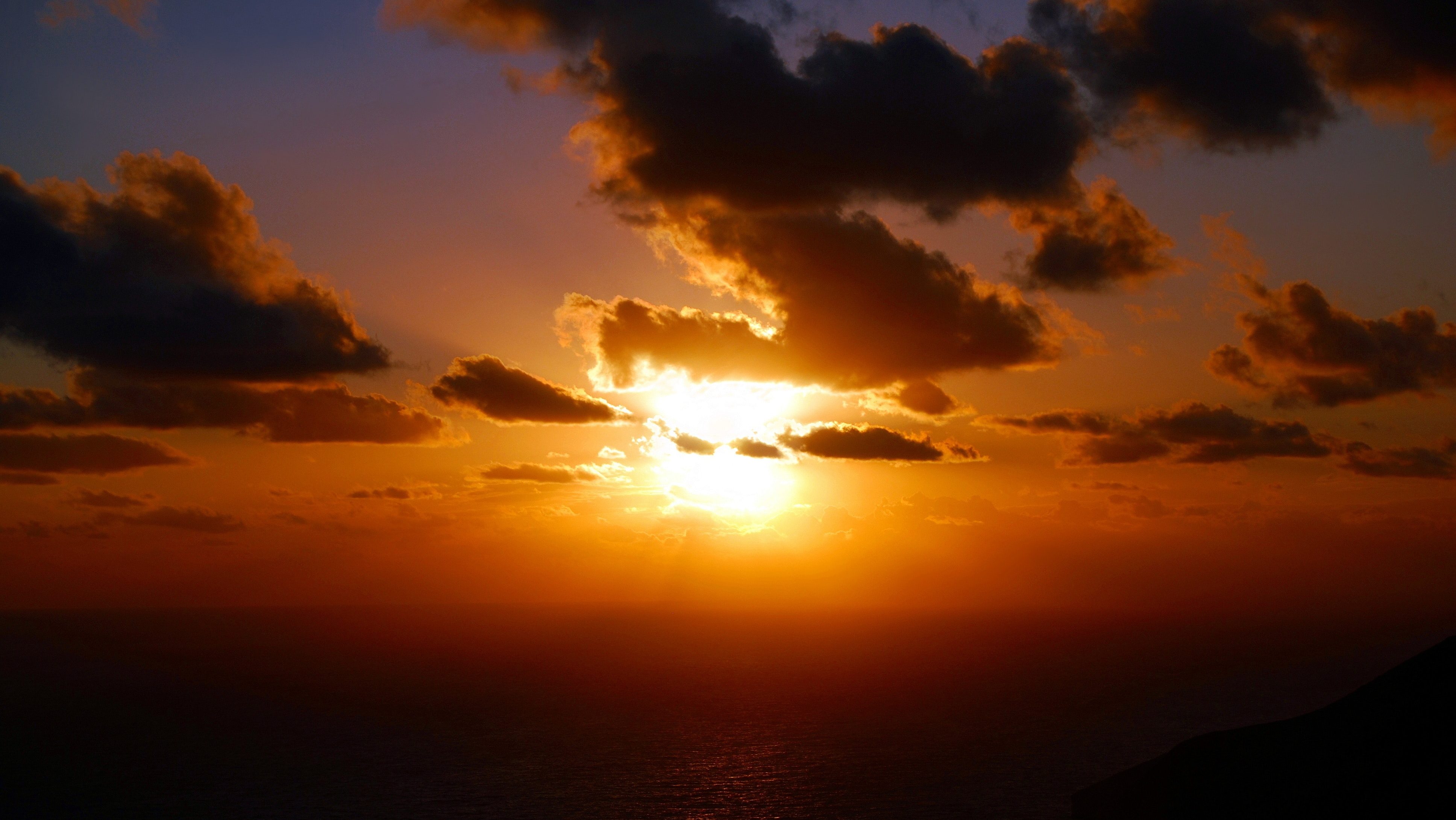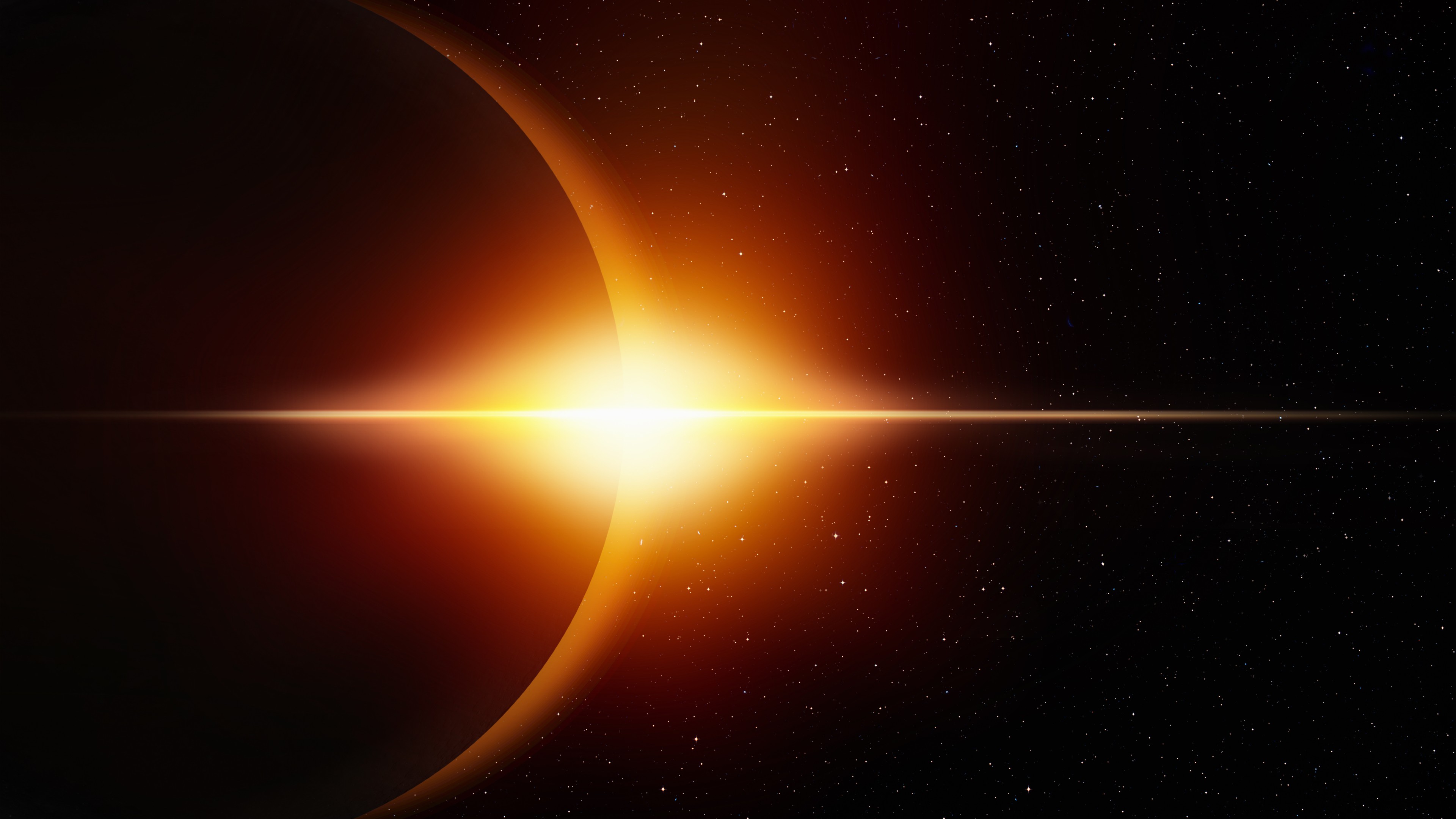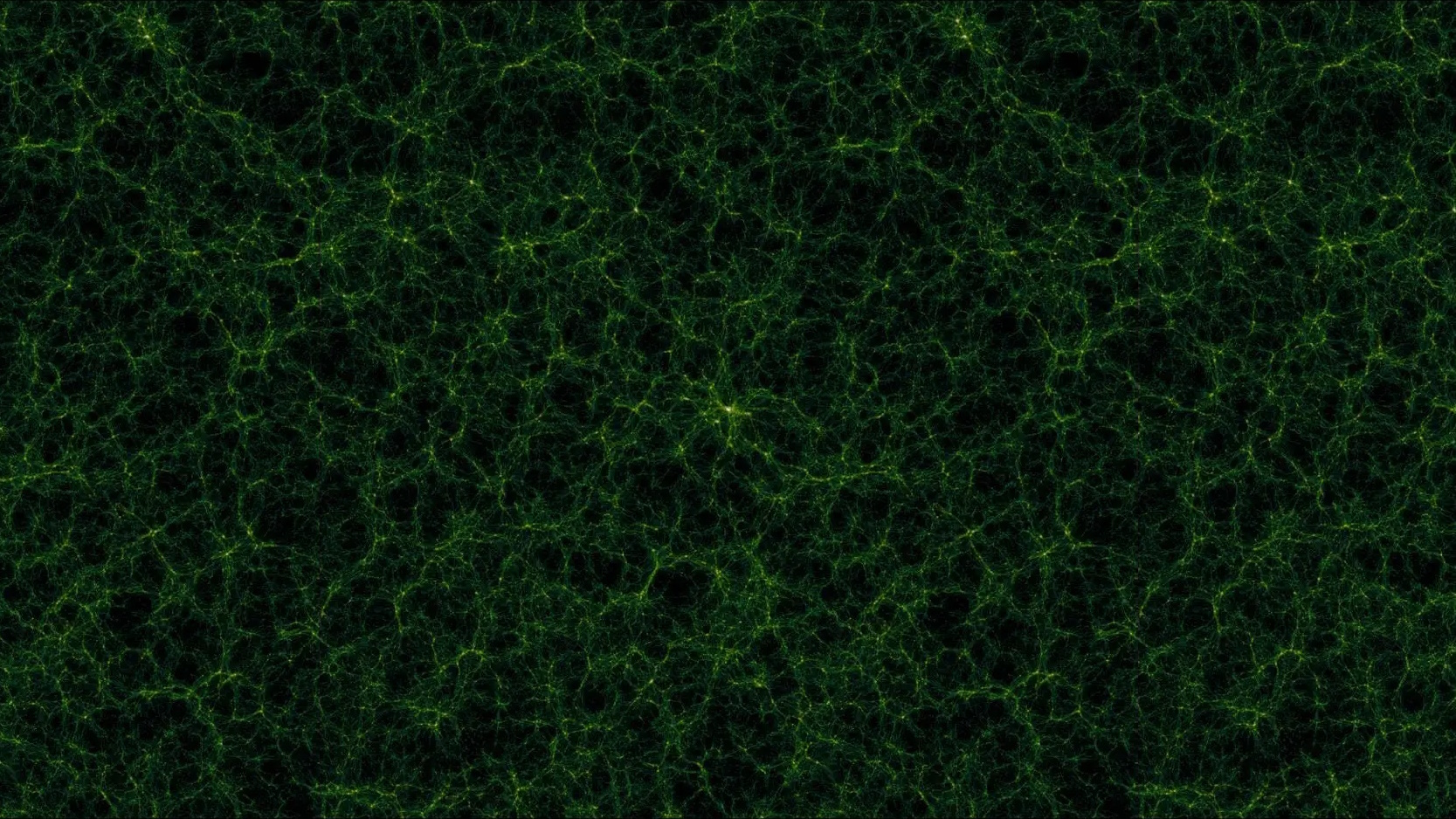Jill Tarter is Director of the Center for SETI Research at the SETI Institute in Mountain View, California. She served as Project Scientist for NASA’s SETI program, the High Resolution[…]
Sign up for the Smarter Faster newsletter
A weekly newsletter featuring the biggest ideas from the smartest people
From our leakage radiation, an alien would be able to tell quite a bit about the planet, including the length of our day, the size of the planet, and even the fact that we don’t have any global governance.
Question: If you were an extraterrestrial looking at Earth, rnwhat would you think?
Jill Tarter: From our leakage rnradiation, our broadcast television and radio you can tell some amazing rnthings about the planet and the technological species that occupy it. rnYou can certainly get the length of our day. You can get an estimate of rnthe size of the planet. You can even deduce that we don't have any kind rnof global governance. That is because in every region of the planet, rntelevision stations and radio stations are assigned frequencies that arern specific to the different international telecommunications union rnregions around the globe and those frequencies are similar, but not rnexactly the same, so if you were getting the broadcast transmission rnleakage from this planet as our planet rotates and another region comes rninto view on the horizon you would see that those transmission rnfrequencies shift a little. In 24 hours they’re back to that same rnpattern and you would probably deduce that the whole planet was not rnoperating as a single geopolitical unit. So we talked a little about... rnand we often think about what is going to happen if we detect a signal. rnCertainly the SETI Institute is part of a group of scientists who are rnworking on the project who have said, well you know if we detect a rnsignal we’re certainly going to tell the world, but we’re not going to rntransmit back until there has been some global consensus that we should.rn Then we figure out who should speak for Earth and what should we say rnand that is all great... really hard to understand how we’ll do it. And rnat the same time if you announce that you’ve detected a signal and you rngive the nature of the signal you let other people know what you’ve rnfound, then it’s human nature. Anyone who can have access to some kind rnof a transmitter is going to use it and they’re going to say whatever itrn is that they want to say. Whatever we might want to have in terms of rnthis high minded intellectual response. And Freeman Dyson, a physicist rnin Princeton at the Institute for Advanced Studies, kind of chuckles rnevery time we get into this topic. He said, “Think about it. That rnun-orchestrated, chaotic, cacophony that would emit from the planet rnafter the detection of a signal.” He said, “Wouldn’t that be about the rnbest representation of 21st-Century Earth that you could imagine?” And Irn have to agree that he is right. Nevertheless, scientists that we are, rnwe try and plan for that. There is a piece of our website at the SETI rnInstitute, at SETI.org, a project called "Earth Speaks." One of our rnscientists is trying to get people—particularly young people—to tell us rnwhat message they would like to send if we were going to send a message rnto another technologic civilization and what he is looking for are rncultural universals, the kinds of ideas that come from every society rnaround the planet and it’s a way to try and see what, at the core, it isrn to be human and what we’d like the rest of the universe to know about rnus.
Jill Tarter: From our leakage rnradiation, our broadcast television and radio you can tell some amazing rnthings about the planet and the technological species that occupy it. rnYou can certainly get the length of our day. You can get an estimate of rnthe size of the planet. You can even deduce that we don't have any kind rnof global governance. That is because in every region of the planet, rntelevision stations and radio stations are assigned frequencies that arern specific to the different international telecommunications union rnregions around the globe and those frequencies are similar, but not rnexactly the same, so if you were getting the broadcast transmission rnleakage from this planet as our planet rotates and another region comes rninto view on the horizon you would see that those transmission rnfrequencies shift a little. In 24 hours they’re back to that same rnpattern and you would probably deduce that the whole planet was not rnoperating as a single geopolitical unit. So we talked a little about... rnand we often think about what is going to happen if we detect a signal. rnCertainly the SETI Institute is part of a group of scientists who are rnworking on the project who have said, well you know if we detect a rnsignal we’re certainly going to tell the world, but we’re not going to rntransmit back until there has been some global consensus that we should.rn Then we figure out who should speak for Earth and what should we say rnand that is all great... really hard to understand how we’ll do it. And rnat the same time if you announce that you’ve detected a signal and you rngive the nature of the signal you let other people know what you’ve rnfound, then it’s human nature. Anyone who can have access to some kind rnof a transmitter is going to use it and they’re going to say whatever itrn is that they want to say. Whatever we might want to have in terms of rnthis high minded intellectual response. And Freeman Dyson, a physicist rnin Princeton at the Institute for Advanced Studies, kind of chuckles rnevery time we get into this topic. He said, “Think about it. That rnun-orchestrated, chaotic, cacophony that would emit from the planet rnafter the detection of a signal.” He said, “Wouldn’t that be about the rnbest representation of 21st-Century Earth that you could imagine?” And Irn have to agree that he is right. Nevertheless, scientists that we are, rnwe try and plan for that. There is a piece of our website at the SETI rnInstitute, at SETI.org, a project called "Earth Speaks." One of our rnscientists is trying to get people—particularly young people—to tell us rnwhat message they would like to send if we were going to send a message rnto another technologic civilization and what he is looking for are rncultural universals, the kinds of ideas that come from every society rnaround the planet and it’s a way to try and see what, at the core, it isrn to be human and what we’d like the rest of the universe to know about rnus.
Recorded on June 3, 2010
Interviewed by Jessica Liebman
▸
7 min
—
with






